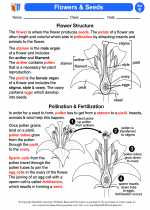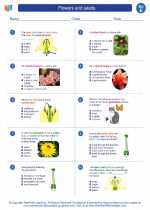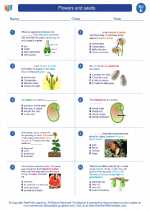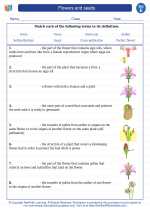Ethanol
Ethanol, also known as ethyl alcohol, is a volatile, flammable, colorless liquid. It is the same alcohol found in alcoholic beverages, and is also used as a solvent, in the production of chemicals, and as a fuel. Ethanol is a renewable, bio-based fuel that can be produced from various plant materials, such as corn, sugarcane, and switchgrass, through the process of fermentation.
Chemical Structure
The chemical formula for ethanol is C2H5OH. It consists of two carbon atoms, six hydrogen atoms, and one oxygen atom. The OH group indicates that ethanol is an alcohol.
Uses of Ethanol
Ethanol has a wide range of uses, including:
- As a fuel for vehicles
- In the production of alcoholic beverages
- As a solvent for various substances
- In the manufacturing of personal care products and pharmaceuticals
- As a disinfectant and antiseptic
Production of Ethanol
Ethanol is primarily produced through the fermentation of sugars by yeast. The sugars can be derived from various sources, such as starch crops (e.g., corn, wheat), sugarcane, or cellulosic biomass. After fermentation, the ethanol is separated and purified through distillation.
Environmental Impact
One of the primary advantages of ethanol as a fuel is its potential to reduce greenhouse gas emissions when compared to traditional fossil fuels. However, the production of ethanol from certain feedstocks, such as corn, has raised concerns about its overall environmental impact, including land use changes, water usage, and potential competition with food production.
Study Guide
- What is the chemical formula for ethanol?
- What are the primary sources of sugars for ethanol production?
- List three uses of ethanol outside of the fuel industry.
- Explain the environmental impact of ethanol production.
- Describe the process of ethanol production from plant materials.
[Ethanol] Related Worksheets and Study Guides:
.◂Science Worksheets and Study Guides Fifth Grade. Flowers and seeds

 Activity Lesson
Activity Lesson
 Worksheet/Answer key
Worksheet/Answer key
 Worksheet/Answer key
Worksheet/Answer key
 Worksheet/Answer key
Worksheet/Answer key
 Worksheet/Answer key
Worksheet/Answer key
 Vocabulary/Answer key
Vocabulary/Answer key
 Vocabulary/Answer key
Vocabulary/Answer key
